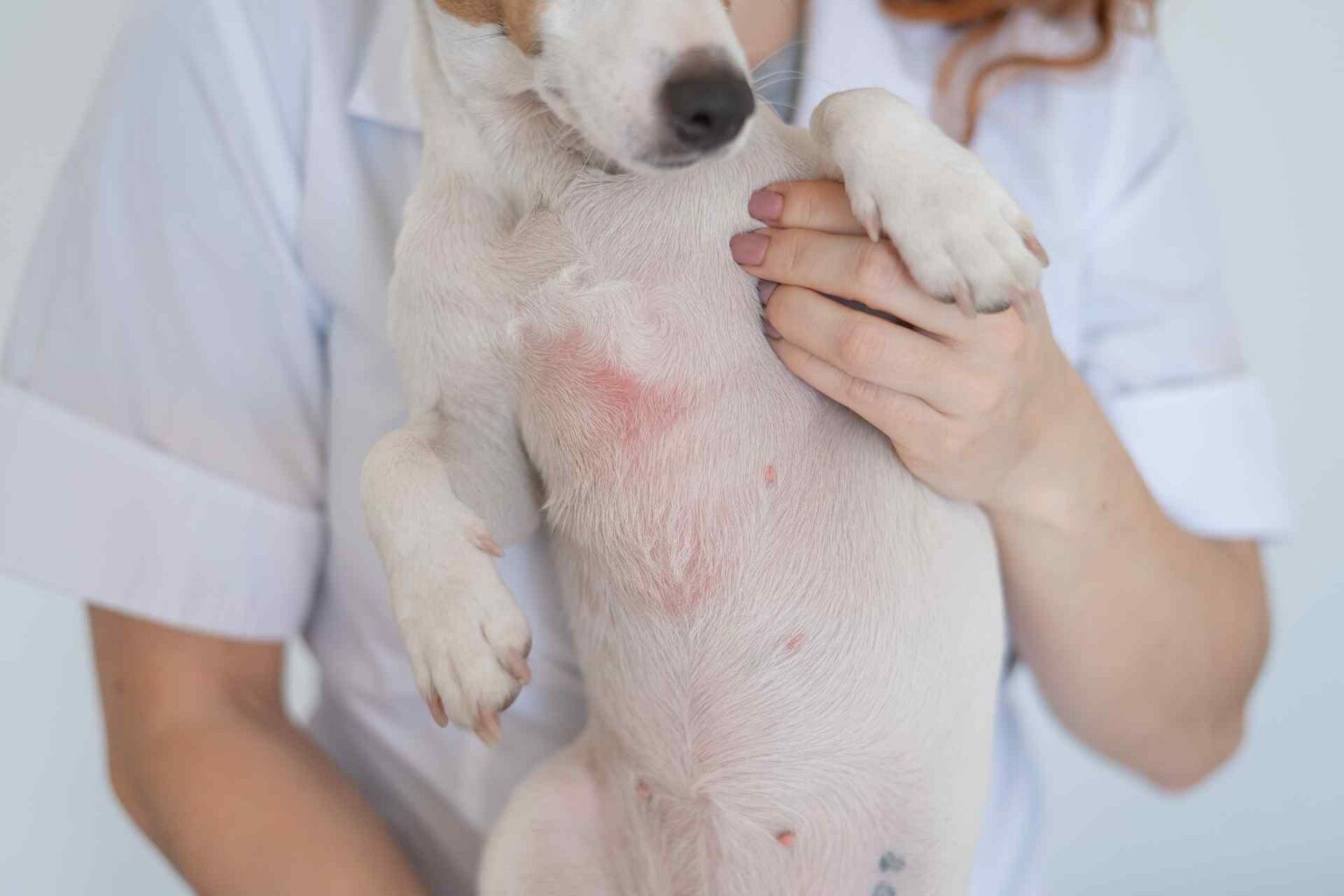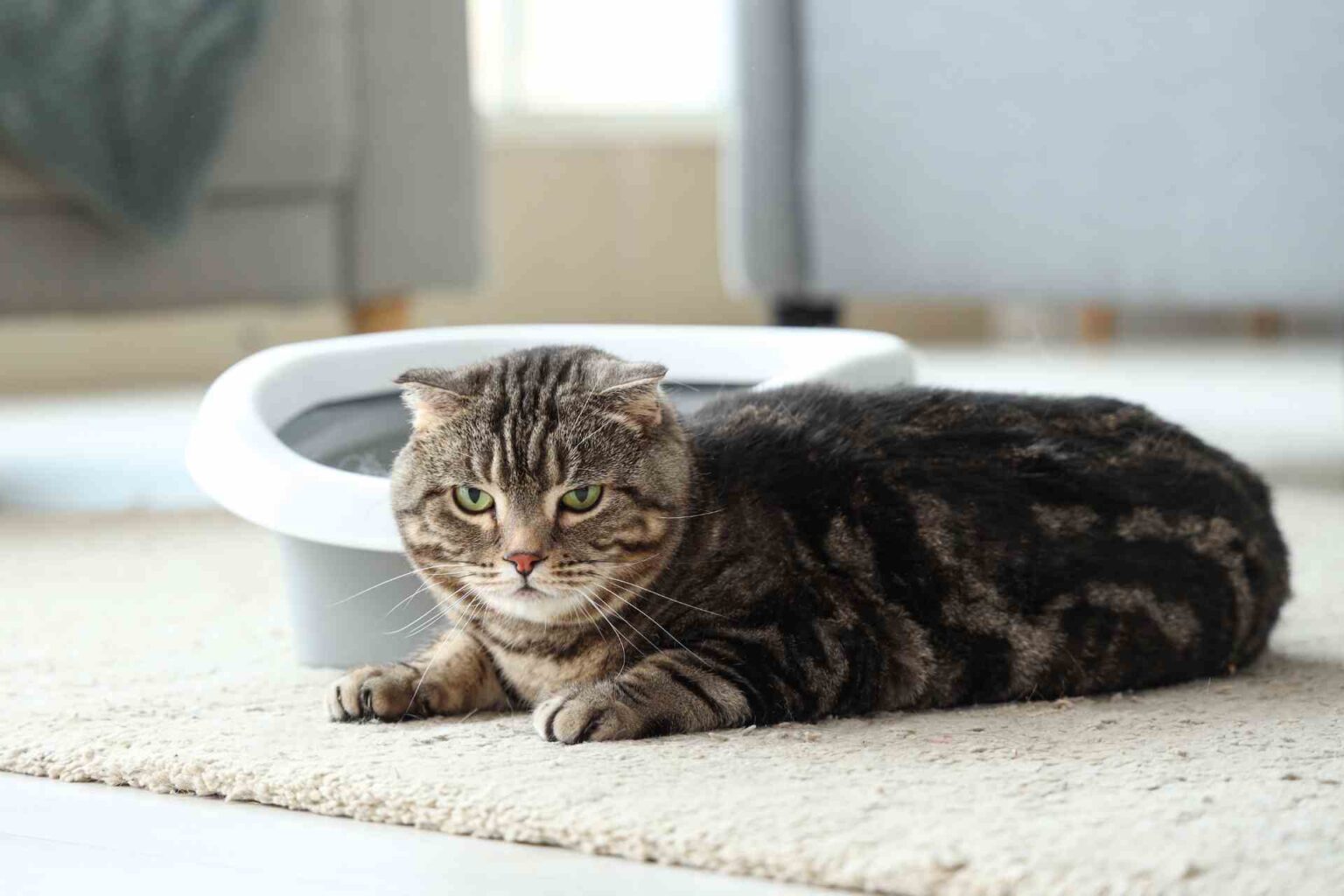Is there a predominant bacterial family within the dog’s intestinal microbiota that could indicate possible intestinal dysbiosis?
In humans, the impact of Clostridioides(C.) difficile on intestinal disease and its clinical significance are better understood because an imbalance of bile acids in the intestines is often linked to the presence of Clostridium difficile, whereas in dogs it is still a matter of controversy.
In an attempt to answer this question, Texas A&M, together with the University of Zurich, examined the relationship between an imbalance of gut bacteria (altered dysbiosis index and decreased C. hiranonis) and the presence of C. difficile in dogs.
The relationship between the fecal dysbiosis index (DI) based on qPCR and specifically the abundance of Clostridium hiranonis which converts bile acids with the presence of C. difficile in dogs was explored in the following 4 communities: 358 fecal samples sent for routine diagnosis, 33 dogs with chronic enteropathy, 14 dogs with acute diarrhea, and 116 healthy dogs.
C. difficile was detected in 130 of 358 samples (36%).
C. difficile-positive dogs had significantly higher DI (median 4.4), and this is indicative of dysbiosis, and lower C. hiranonis than C. difficile-negative dogs.
In the group of clinically healthy dogs, 9/116 were positive for C. difficile and 6/9 of these also had abnormal DI.
In human medicine, C. difficile plays an important role as a disease-causing pathogen
Because not only the presence of C. difficile is relevant, but also the presence of toxin-producing strains, 15 dogs that tested positive by qPCR for C. difficile were also tested for the presence of the toxin itself by ELISA. All of them tested negative.
This result underscores the theory that C. difficile has a lesser clinical role in dogs than in humans.
Is a treatment for C. difficile effective?
In the present study, cohorts of dogs with EC and acute diarrhea and known long-term treatment outcomes were examined more closely. The purpose of evaluating these groups of dogs was to determine whether C. difficile carrier status influenced treatment response and whether outcome differed between C. difficile positive and negative dogs.
Importantly, regardless of whether the dogs were carriers of C. difficile, it did not affect the dogs’ response to treatments for digestive problems. This suggests that, in dogs, the presence of C. difficile does not require specific treatment.
Reference
Werner, M.; Ishii, P.E.; Pilla,R.; Lidbury, J.A.; Steiner, J.M.; Busch-Hahn, K.; Unterer, S.; Suchodolski, J.S. Prevalence of Clostridioides difficile in Canine Feces and Its Association with Intestinal Dysbiosis. Animals 2023, 13, 2441. https://doi.org/10.3390/ani13152441











